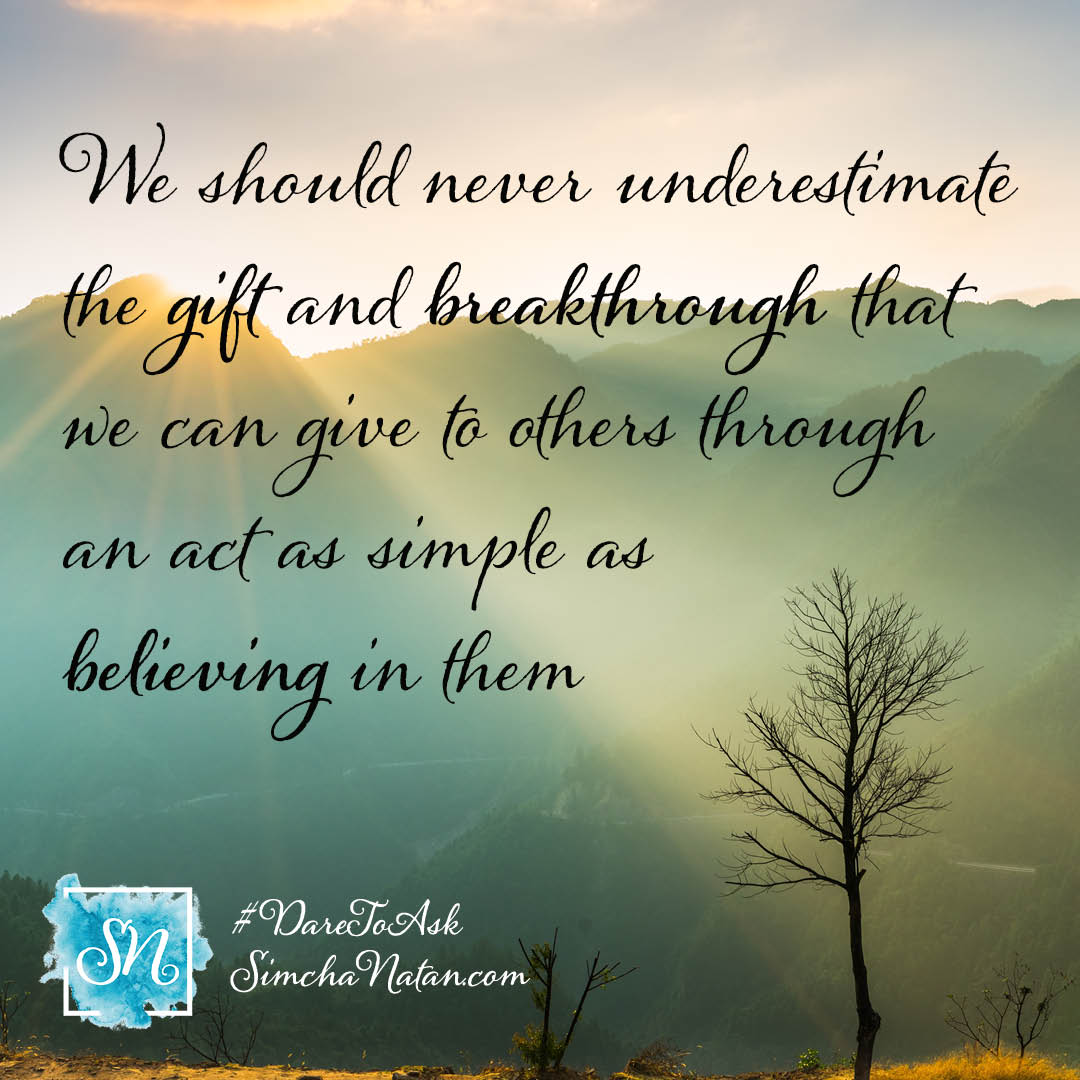Dare To AskSýnishorn

Inverted Kairos Moments
I believe that we can see God and truly witness His work when we dream with Him for the sake of others. Jesus taught that we should ‘love your neighbour as yourself’ (Mark 12:31), and that ‘greater love has no one that this : to lay down one’s life for one’s friend' (John 15:13). These verses apply to every area of our lives, including how we dream. Our dreams are as much for others as for ourselves, if not more so.
As part of my work, I am part of the leadership team of Ascend Carmel programs, a worship journey of transformation we offer to anyone who is looking for an encounter with God in Israel. One of the things we teach our participants is the concept of legacy. It is common to only start thinking about legacy when we enter the latter stages of life. We teach that legacy is something that we can start working on and thinking about much earlier on in life. In the same way that we should be ready to receive and be ‘called up’ by those around us, we too can always seek God for how those around us can be encouraged, blessed and impacted.
I would like to suggest that when we flip the idea of the kairos moment on its head, and start asking to enable us to bring such moments to other people’s lives, we may feel more filled up spiritually than ever before.
What would it look like if a generation stopped focussing inwardly, and started hearing the heartbeat of God for others?
What would it look like if we took a moment to filter our wonderful dreams for ourselves and started asking God who these dreams were actually meant to bless?
What would it look like if we started asking God to show us a glimpse of how He sees those around us?
What if we started thinking more about leaving a legacy of encouragement and growth for others, rather than seeking blessing for ourselves?
Do you dare to ask for God’s heart for others?

Ritningin
About this Plan

This plan encourages readers to grapple with the dreams and gifts that God has intrinsically put within us, and to Dare to Ask for more of God, while remaining at a place of rest. It challenges our perceptions and leads us to trust God’s sovereignty.
More








